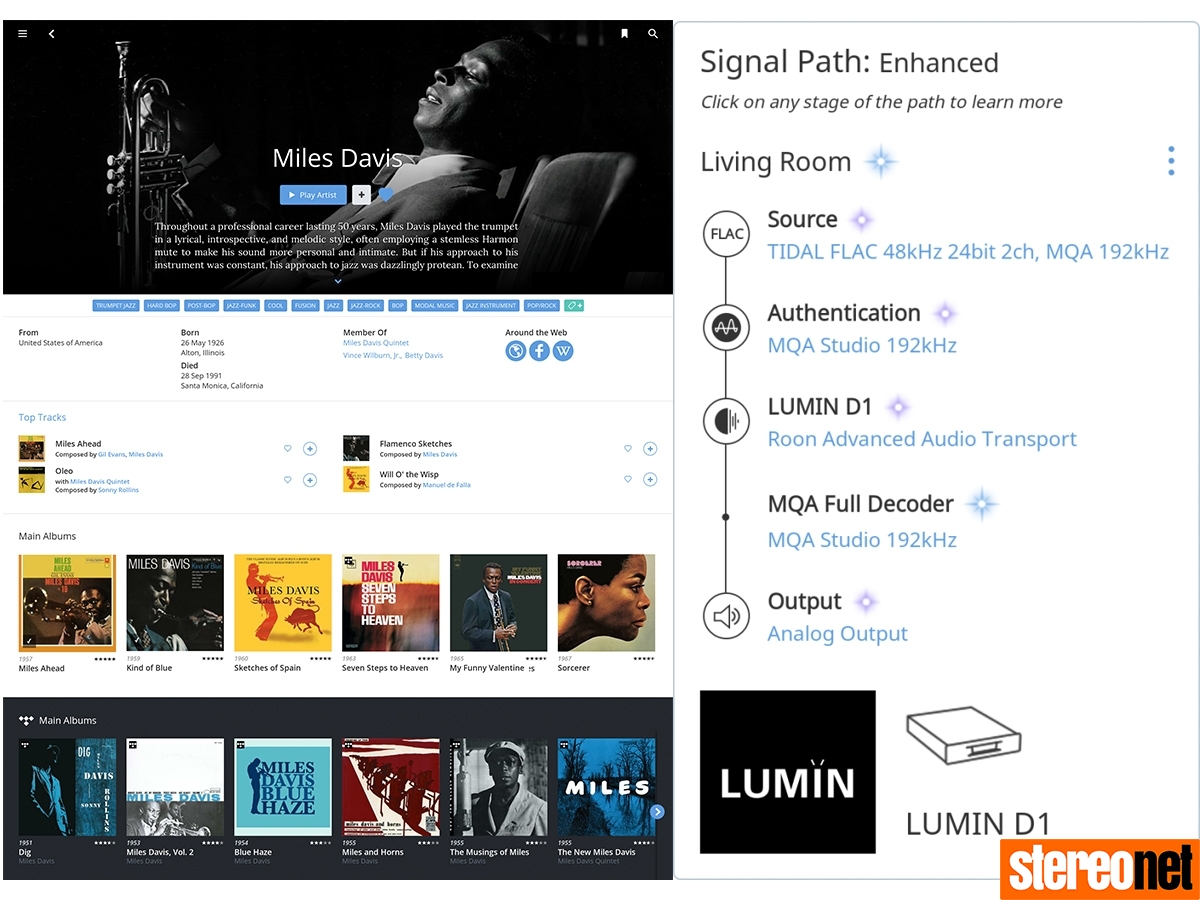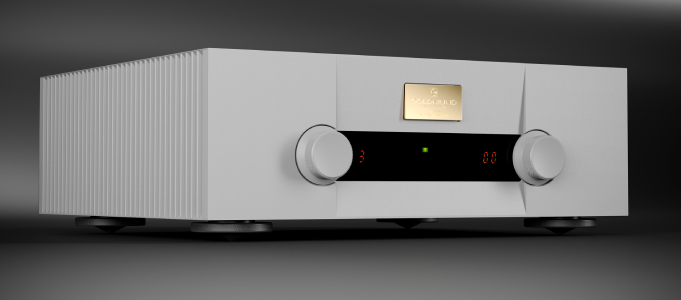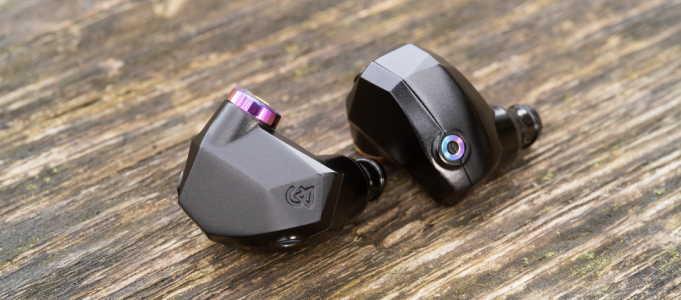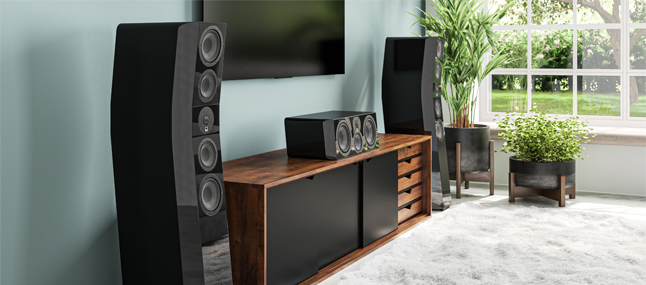Opinion: Bob Stuart, Master Quality, Authenticated

David Price looks at the life and work of one of hi-fi’s towering achievers…
“Bob Stuart is an audio industry luminary”, Roon’s CEO Enno Vandermeer tells me, “he’s been a mentor to me on a number of levels. One of the things I was so impressed by when I started working with him was his culture of innovation. For example, Meridian was doing networked active digital loudspeakers more than twenty years ago – we’ve always taken inspiration from that. On the technology side I learned a great deal, plus an awful lot on the business side too.”
This is not an unusual view of Stuart. Wherever he’s gone, and whatever he’s done, he’s left a trail of people in his wake, almost all of whom have nothing but good things to say about him. In my experience at least, the hi-fi industry as a whole doesn’t usually show such largesse about people – at least not until they’ve shuffled off this mortal coil, when of course the person in question was their greatest inspiration and friend! Yet this quiet English gentleman has somehow broken the mould.
Bob is very much alive and kicking, of course, in his rather dignified and respectable way. The legacy he’s left the hi-fi industry to date is impressive, to put it mildly. Some industry figures may be particularly good value as interviewees, generating copious amounts of clickbait and/or controversy, while with others there are tales of madness and/or derring-do. Yet one hears no such things either from or about Bob. From an industry point of view, he can always be relied on to produce things that are (a) cleverly conceived, and (b) work.

It’s nearly seven years since he handed over the technical reigns at Meridian, and went off to launch MQA (Master Quality Authenticated). He left the company that he co-founded with industrial designer Allen Boothroyd, with a copper-bottomed reputation for engineering quality, reliability, ergonomics and styling. Then of course, there was the sound of its products – Meridian was a big player in digital right from the off, starting with the MCD Compact Disc Player from 1984.
Arguably though, the most important Meridian product wasn’t something you could buy from a hi-fi dealer. Meridian’s Lossless Packaging (MLP) format was incorporated into the DVD-Audio standard around the turn of the new millennium, allowing hi-res 24/96 multichannel surround sound thanks to clever lossless data reduction techniques. This became part of the DVD specification, something that Bob himself had been partially responsible for with his pioneering work with the DVD Forum of the mid-nineteen nineties, which set up the DVD specification from scratch.

As a leading part of the early nineties Acoustic Renaissance for Audio advocacy group – started by Hiro Negishi of Canon and Raymond Cooke of KEF – Bob had made the case for high-resolution audio appearing on the forthcoming DVD disc. Indeed it had initially been called the Digital Video Disc, but was renamed Digital Versatile Disc as its hi-fi and surround sound possibilities became apparent. With input from Tony Griffiths from Decca, Hideo Yamamoto of Pioneer, Malcolm Hawksford and Michael Gerzon, the UK and Japan-based ARA was an influential panel of experts that arguably laid the groundwork for the hi-res digital audio world of today.
For the past five or so years Bob Stuart has been plugging away, largely behind the scenes, to get MQA established. It’s still an unknown quantity for many in the hi-fi world, yet many major music labels are now using it – a number that’s seemingly growing by the week – and it’s beginning to be used for archiving too. Having recently interviewed the great man, I know that he’s delighted with its general direction of travel…

Think of MQA as a kind of MLP with bells on. It uses a codec that stores more music per megabyte than a stock WAV file, yet – and this is the really clever bit as far as I’m concerned – it delivers an approved music file that’s been signed off by the mastering engineer, to the end-user. As Bob told me, there are many bogus ‘hi-res’ files around, and the record companies/music labels are often slipshod in their handling of their masters. MQA forces them to sign off on the music they send out to the consumer, then plays it down a carefully controlled chain that attempts to ensure that it’s the same when it reaches the listener. In my view, this is an inspired system – and frankly not before time.

In a special interview feature coming soon, you can read Bob Stuart’s thoughts on life, the universe and everything – music, hi-fi and recording-related. It’s yet another exclusive StereoNET scoop to keep you better informed.
For more information visit MQA
David Price
David started his career in 1993 writing for Hi-Fi World and went on to edit the magazine for nearly a decade. He was then made Editor of Hi-Fi Choice and continued to freelance for it and Hi-Fi News until becoming StereoNET’s Editor-in-Chief.
Posted in:Hi-Fi Technology Industry
Tags: mqa
JOIN IN THE DISCUSSION
Want to share your opinion or get advice from other enthusiasts? Then head into the Message Forums where thousands of other enthusiasts are communicating on a daily basis.
CLICK HERE FOR FREE MEMBERSHIP






